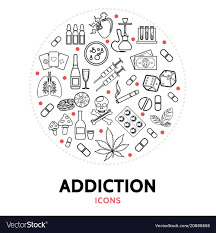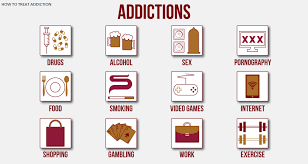Addictions

Greek law prohibits the sale of alcoholic drinks to children younger than 18 years old, or their entry to bars and clubs. Yet these laws are never enforced and, what’s worse, a lot of these places are even getting away with selling potentially lethal adulterated spirits.
Alcohol consumption among teenagers in Greece is widespread, largely because it is considered socially acceptable, even taking place in the home. According to a study on youngsters aged up to 16 by the University Mental Health Research Institute (UMHRI) in Athens, 94.1 percent of respondents in Greece had consumed alcohol at some point.
“Alcohol-related harm is the third biggest factor in the rise of morbidity and mortality in Europe. At the same time, it is a legal and very widely available product that is economically important to businesses and states. All of this requires a multidimensional approach to the issue, but under no circumstances should we treat alcohol as something innocent, especially when it comes to young people,” said a clinical psychologist.
“Greece is a wine-producing country and drinking wine or other alcoholic drinks is part of the country’s cultural heritage. You cannot imagine a festive dinner without there being wine, beer or some form of alcohol on the table. The question is how societies can hold onto the positive aspects of such cultural traits and avoid the harmful consequences.”
“Children in Greece first taste alcohol much sooner than in other European countries and many parents actually encourage their children – wrongly, of course – to taste beer or wine at a very young age,” added the clinical psychologist.
This misguided practice tends to be spurred by the belief that it will take the mystique out of alcohol and make children less eager to get their hands on it. However, it also breeds familiarity and the data show that 4.7 percent of under-16s got drunk for the first time when they were younger than 13.
Another fact pointing to the cultural aspects of the issue, as well as the effect of having easier access, is that alcohol consumption in general tends to be higher in rural parts of the country than in Athens and other cities. That said, alcohol consumption among minors has decreased steadily since the 1980s, pointing to more public awareness.

“People need to acknowledge that alcohol is not harmless. It is an addictive substance like nicotine and narcotics,” said the clinical psychologist. “The main thing is to educate children at school and in the home. Banning it is not the way to really solve the problem, especially when it comes to teens who see breaking a ban as a challenge.”
Experts want to see more being done to tackle the phenomenon on every level and point to the proliferation of sweet fizzy drinks that contain alcohol as a sign that there is not enough awareness on the part of the state and consumers.



